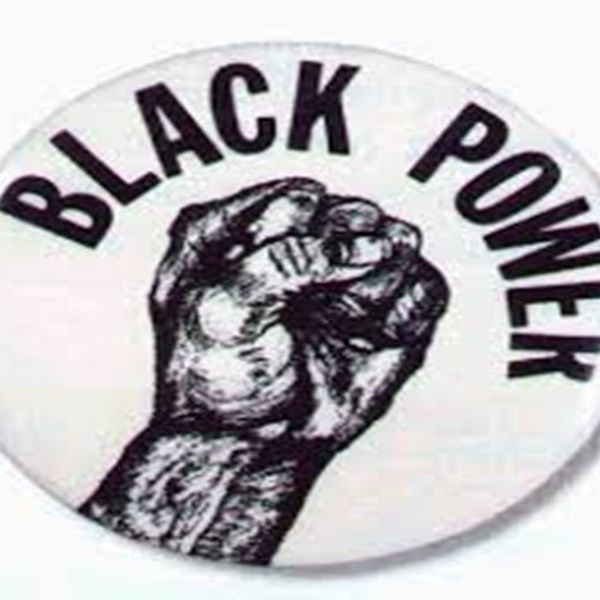This month is Black History Month, and thus begins the somewhat predictable process where every black person reflects on their blackness. This shouldn’t be tied to a month, but it is a lifelong process to figure out what your blackness means to you.
At one point, I hated being black. I used to love being black. Now I just am black. How did I arrive at this point? It was a long, arduous, and complicated process to figure out what my blackness meant to me.
For many years, I hated being black because I felt like I was never accepted. I spent my younger days, being the super smart kid who always read books, but was never comfortable in my own skin. People at my school used to make fun of me because of these things: I spoke well, never got in trouble, and got great grades. It was as if they said, "you can't be black if you do these things". It wasn’t even just my black friends and classmates that said this–it was my white friends and classmates, as well.
“You an Oreo.”
“I am blacker than you.”
“Dang Brian, you’re so white.”
It was as if being black was something super negative–and if being black was something negative, then I didn’t want that. I remember being so hateful of my race, that I openly admitted that I wanted to marry a white woman and that white women were inherently better than black women (I was young and stupid, and I apologize for these comments). I remember saying that black people brought all these bad things upon themselves and that they just need to do better. I was a milder version of Uncle Ruckus from the Boondocks.
Then a friend of mine during freshman year called me post-racial, and I couldn’t deny it. It hurt me deeply when she said that. I was the kid that looked at Obama and thought we made it. Obama made me love my race. Here was a guy who really couldn’t dance, was intelligent, and was loved by all people. I thought we had made it. But we hadn’t and we still haven’t. The more research I did into black heroes, not just in America, but all across the world, the more I fell in love with my race. I began to see the world through the ultimate lens of being black in America. I read books and watched movies on how other people experienced their blackness. The problem was that I still didn’t understand where I fit within the broad spectrum of blackness.
This piece is not meant to be a pity party, nor a celebration, but ultimately a realization that I am the one who gets to define my black experience. I take on the experiences from my ancestors who were in Africa before they arrived here on slave ships. I take my cues from Fredrick Douglass, W.EB DuBois, Booker T. Washington, Asa Phillip Randolph, Dr. Martin Luther King Jr., Malcolm X, Dr. Huey P. Newton, and Barack Obama. I take lessons from Phyllis Wheatley, Harriet Tubman, Madame C.J. Walker, Coretta Scott King, Mae Jemison, Rosa Parks, Fannie Lou Hammer, Ida B. Wells, Condoleezza Rice, and Ava Duvernay. I've read many books, seen many lectures, heard many speeches, and more. What I have learned is that for me to appreciate being black, I have to appreciate being me. I have to appreciate everyone’s blackness.
There isn’t a right way to be black, but there is a wrong way. The wrong way is failing to fight for justice, not just for our people, but all people. The wrong way is to think of the black experience as a subculture. It is the culture. It means we don’t criticize the experiences of people in our community. So just as there is the J. Cole and Kendrick experience, there’s also the Darius Rucker experience. We shouldn’t look down on the urban low-income black family, just as much as we shouldn’t lament the upper-middle class family who’s “made it.” Every part of this black experience is important. It's society that says there is one form of blackness. Just as there are different shades of black in skin tone, there are different shades of the black experience in America and around the world.
Lastly, the wrong way is to be satisfied with minimal victories. It means that in order to grow as a people we need to continue to broaden our horizons past “tokenism”, but full-scale integration. The right way to be black is to be yourself and to be comfortable with yourself no matter what anyone says.





















